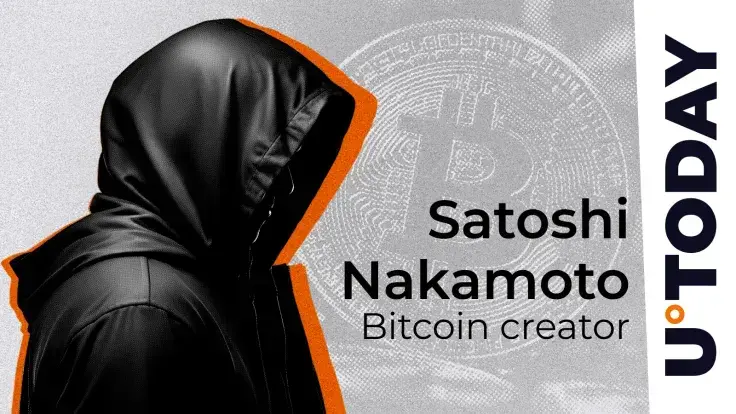Ripple CTO Speaks Out: Unveiling Truth Behind Coil Web Monetization Speculation!

David Schwartz, Ripple's Chief Technology Officer, recently announced his decision to step back from his role, a development that garnered significant attention within the XRP and wider cryptocurrency communities. Following this announcement, an X user made a poignant request to Schwartz, urging him to "kindly continue working on Coil," indicating the platform's perceived potential and importance to its users.
Coil was designed as an innovative platform offering an alternative method for content creators to monetize their work online. Its unique mechanism allowed for instantaneous streaming of micropayments to creators as subscribed fans consumed content. This functionality was powered by Web Monetization, an open API built upon the Interledger Protocol (ILP), which itself was notably co-created by former Ripple CTO Stefan Thomas. Despite its promising concept, the Coil platform ceased operations, or "sunsetted," in 2023.
Responding to the X user's plea, David Schwartz offered a candid explanation regarding Coil's fate. He stated, "We're kind of stuck. The issue is interesting," and proceeded to elaborate on the complexities involved. Schwartz drew an analogy with email, highlighting its two distinct, logically separate features: a universal namespace based on domain names and a universal exchange protocol (SMTP). He suggested that a system lacking either of these would be severely hampered.
Schwartz clarified that Coil's ambition was for the Interledger Protocol (ILP) to emulate email's comprehensive nature—functioning as both a universal namespace and a universal protocol with guaranteed interoperability for money. However, he concluded that "a universal protocol for money with guaranteed interoperability is not practical." He further explained that while ILP is a protocol primarily aimed at facilitating money movement, it must inherently coexist with numerous other payment methods. The requirement for individuals utilizing alternative payment systems to onboard with ILP endpoints was deemed unnecessary and impractical.
In response to these challenges, Ripple developed Paystring, a universal namespace designed for payment endpoints. Paystring is capable of supporting a wide array of financial identifiers, including XRPL addresses, ILP endpoints, Bitcoin addresses, custodial accounts on exchanges, and even traditional payment services like PayPal and Zelle. While Paystring addresses the need for a universal naming system, Schwartz noted that it does not, however, guarantee interoperability across all these diverse payment methods. He also pointed to significant "regulatory obstacles to cross-system payments outside of the self-custody space" as a historical blocker, expressing uncertainty if these issues have improved or persist.
You may also like...
The End of Minimalism: Why We’re Choosing Meaning Over Aesthetic

A cultural shift is redefining modern living: Minimalism is fading, and “Meaningism” is rising, a movement that values c...
Sleep Deprivation: Africa’s Most Overlooked Health Epidemic

Sleep deprivation is quietly sweeping across Africa, undermining health, productivity and well-being. Different lifesty...
The Next Big Discovery Might Be Growing in Someone’s Backyard

Hidden in gardens, local farms, and village backyards across Africa and beyond, the next major scientific breakthroughs ...
The Grand Egyptian Museum: Re-Engineered History of Africa.

2002 was the genesis of a dream. Egypt opens its Grand Museum in 4days.
NanoFilter: The Tanzanian Invention Turning Dirty Water into Life

Read on how Dr. Askwar Hilonga’s NanoFilter, a Tanzanian nanotech invention, is transforming access to safe drinking w...
The Myth of the Strong African Mother

Parenting burnout is becoming an unspoken crisis among African mothers. The pressures of motherhood, cultural expectatio...
The African Dream vs. the American Dream: What Success Means to a New Generation

A new generation of Africans is redefining success, turning away from the “American Dream” toward something more local, ...
The National Assembly Approves the Creation of Six new States

The National Assembly for the first time since the fourth republic started has approved the creation of six new states. ...




